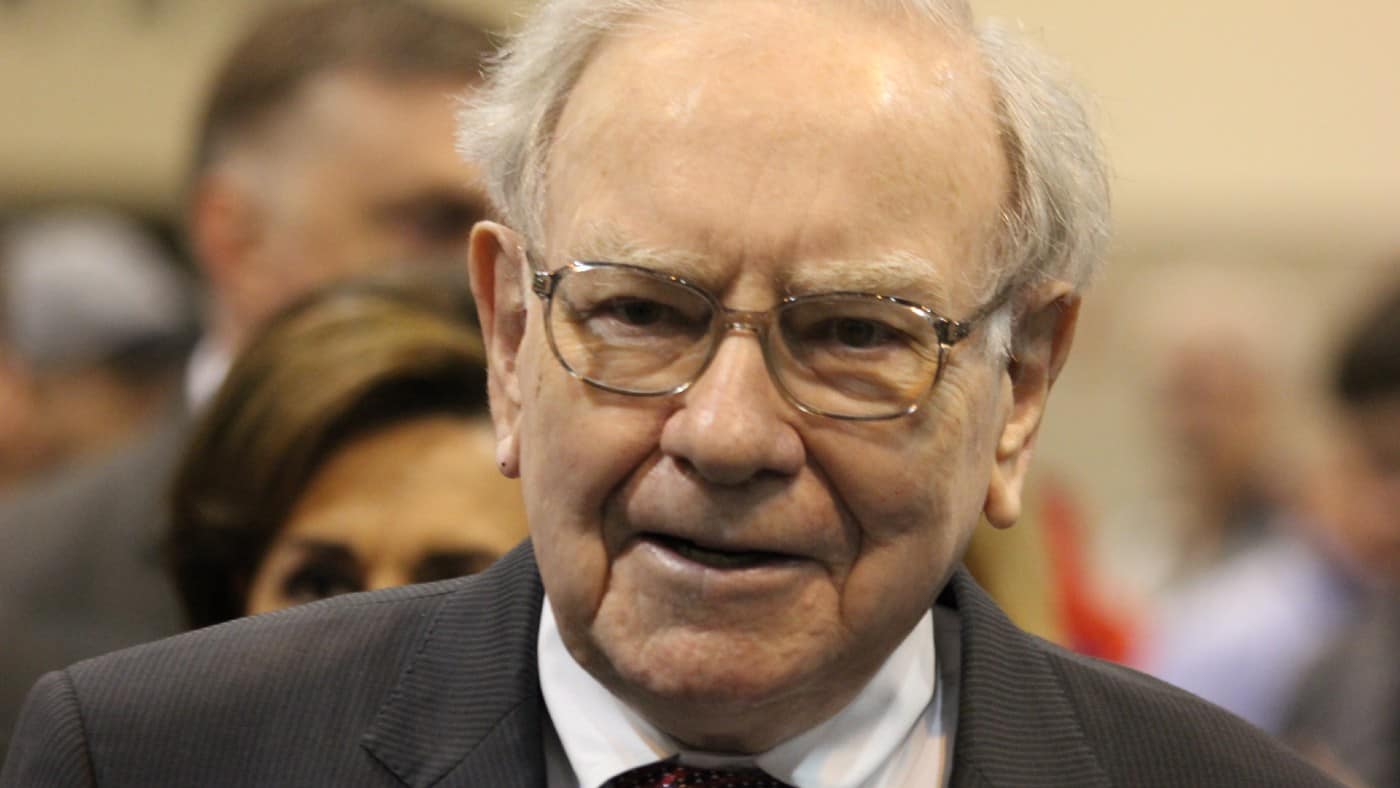Warren Buffett just bought HP shares. Should I buy?

Investing guru Warren Buffett recently purchased an 11.4% stake in HP (NYSE: HPQ) for his holding company, Berkshire Hathaway. The purchase now makes him HP’s biggest shareholder. To be clear, Hewlett-Packard split its business into two divisions in 2015. Hewlett Packard Enterprise would sell servers and enterprise services, while HP Inc would sell PCs and printers. Warren Buffett opted to buy shares in the latter. On the day his purchase was announced, the HP share price spiked by 15%. Nonetheless, it has since come back down to a more reasonable price. With Warren Buffett’s impeccable track record of beating the market, I will be diving into HP’s fundamentals and prospects to determine whether I will be buying HP shares for my portfolio.
Low HP
Warren Buffett has always preached his main investing philosophy. He encourages only buying shares in companies that have solid balance sheets, quality earnings, and strong pricing power. This is why I was left surprised when I saw his holding company acquire $4bn worth of stock in HP.
5 Stocks For Trying To Build Wealth After 50
Markets around the world are reeling from the current situation in Ukraine… and with so many great companies trading at what look to be ‘discount-bin’ prices, now could be the time for savvy investors to snap up some potential bargains.
But whether you’re a newbie investor or a seasoned pro, deciding which stocks to add to your shopping list can be a daunting prospect during such unprecedented times.
Fortunately, The Motley Fool UK analyst team have short-listed five companies that they believe STILL boast significant long-term growth prospects despite the global upheaval…
We’re sharing the names in a special FREE investing report that you can download today. We believe these stocks could be a great fit for any well-diversified portfolio with the goal of building wealth in your 50’s.
HP’s balance sheet certainly isn’t in a healthy position. With a -304.4% debt-to-equity ratio, the tech company has negative shareholder equity. This means that the company’s liabilities exceed its assets. Its cash and equivalents are not sufficient to cover its debt either, with only $3.4bn in cash and $7.1bn of debt. As a result, I am left scratching my head, as HP’s balance sheet doesn’t add up to the fundamental investing strategy of Warren Buffett.
Printing money
Nonetheless, the silver lining in HP’s dire balance sheet is that it manages to generate quality earnings. Since Q1 2021, HP has managed to grow its revenue and profit margins. The firm went from a 5.6% profit margin to 10.1% in its most recent quarter. In addition to that, HP has shown its intention to continue growing its business. Just last month, HP announced its acquisition of Poly, a voice and video solution company. This should boost HP’s growth strategy, as it aims to build a leading portfolio of hybrid work solutions.
More importantly, HP trades at a low price-to-earnings ratio of six, while also paying a decent dividend of $0.25 per share. It is perhaps for those reasons that Warren Buffett opted to invest in one of the world’s biggest PC manufacturers, as he expects HP to continue generating compounding amounts of free cash flow.
Error 404
Unfortunately, that is all the good news I have for HP. Despite the positives of the company, there are worrying trends that the PC giant faces. For one, market analysts are forecasting that PC growth will slow down considerably as inflation continues to eat away on consumers’ income. It doesn’t help either when UBS gives HP a stock downgrade, citing weakening demand for HP products, with Wall Street also expecting the S&P 500 company to see a decline of 12.4% in its earnings. Moreover, HP isn’t the market leader as it trails its rival, Lenovo, giving it less pricing power.
As such, despite HP’s value proposition, I don’t think the stock will be performing considerably well for the foreseeable future. The company’s balance sheet also leaves much to be desired, which is why I will not be buying HP shares for my portfolio any time soon.

Comments are closed.